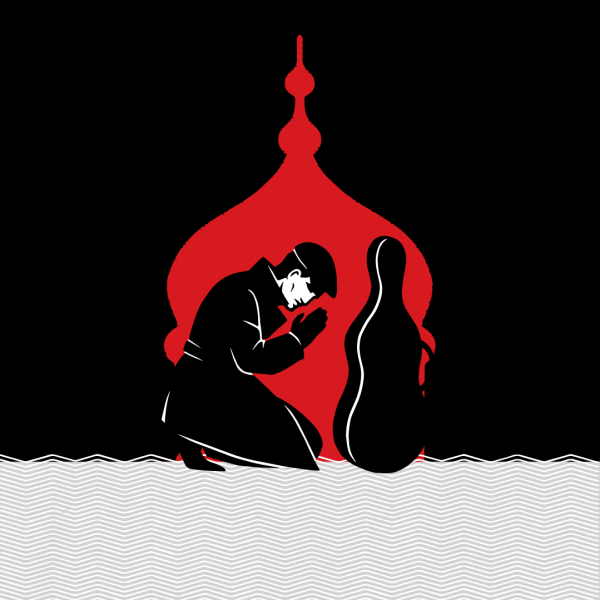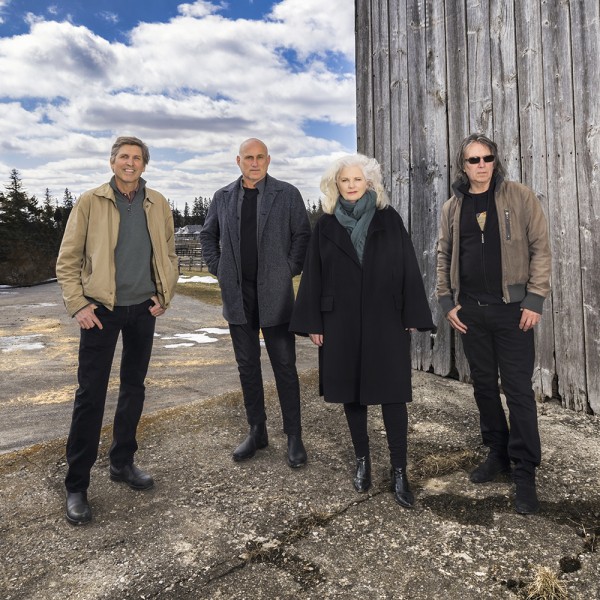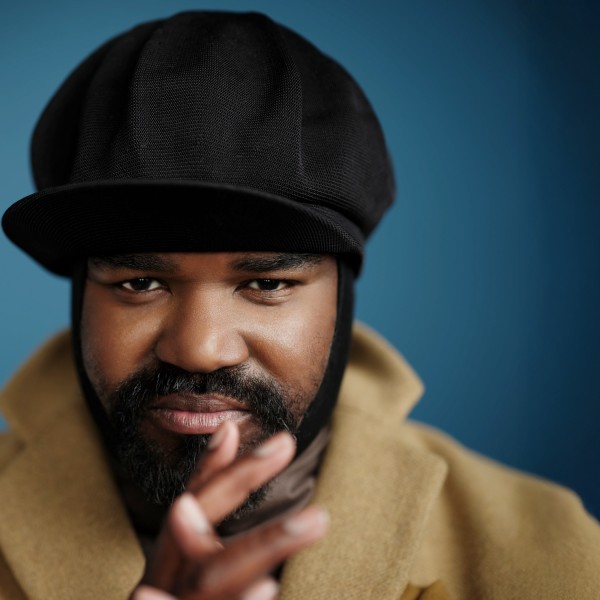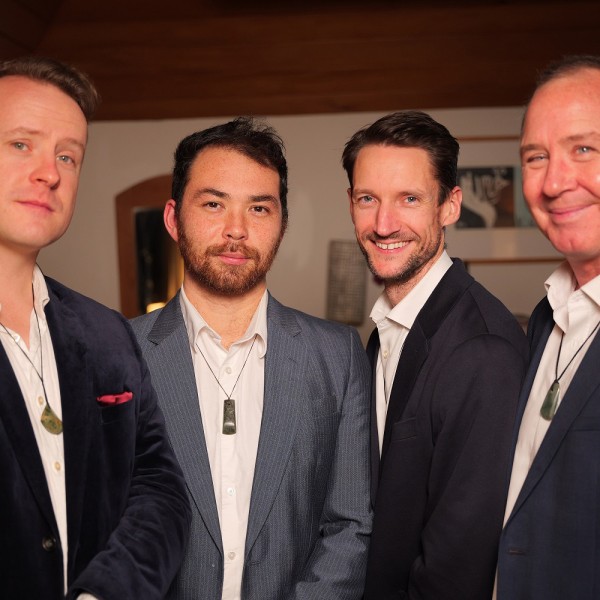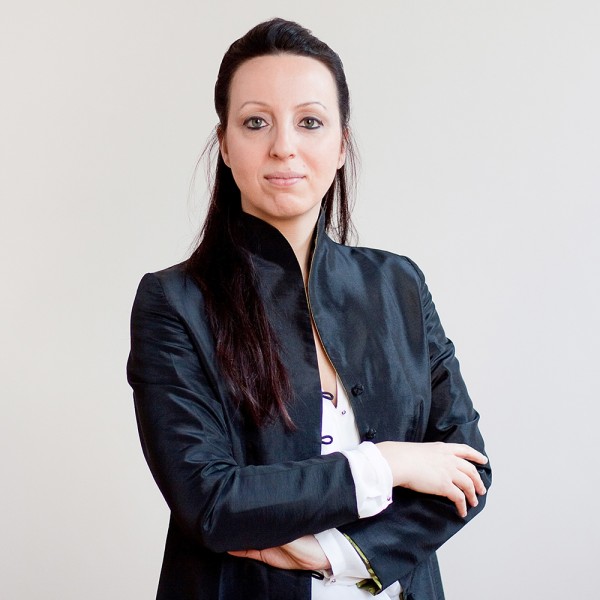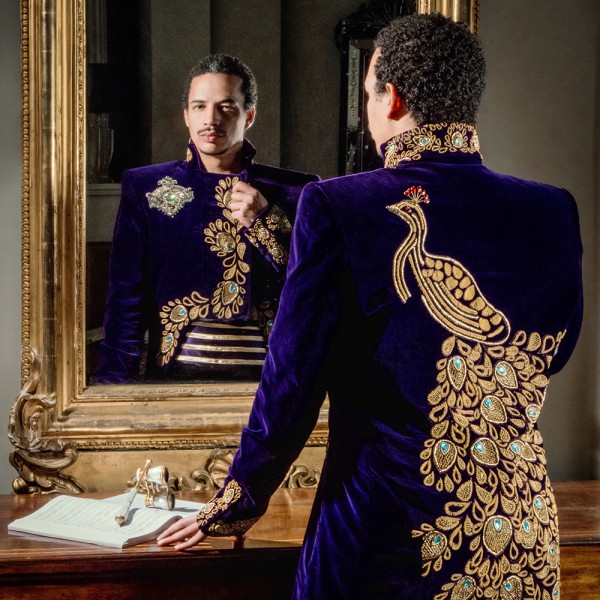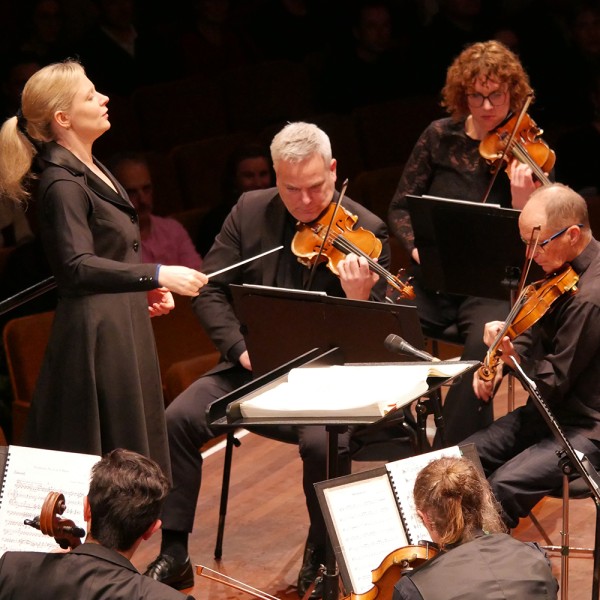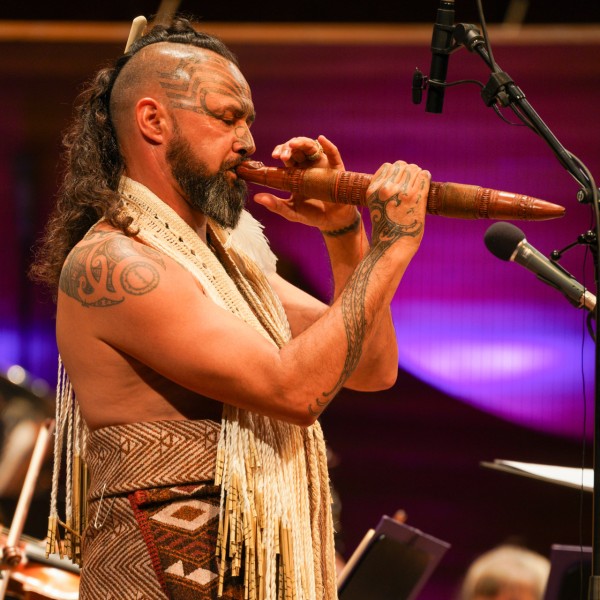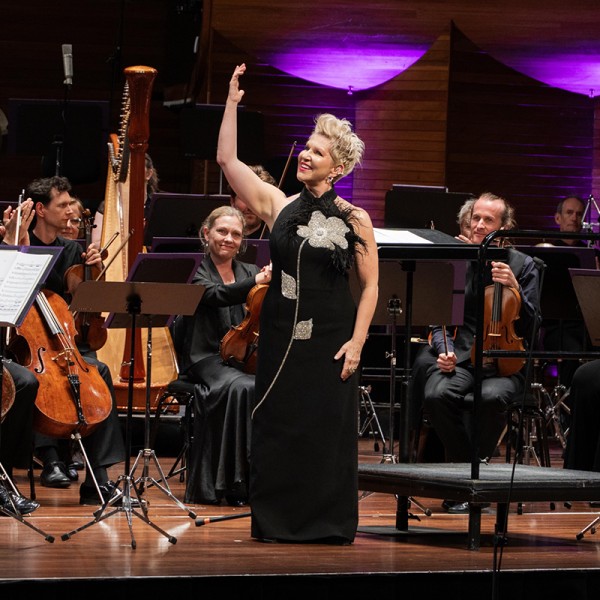
Summer Nights
Presented by: New Zealand Symphony Orchestra
Conducted by: Gemma New
Michael Fowler Centre, 28th Nov 2025
Reviewed by: Tamsin Evans
Joyce DiDonato is a mezzo-soprano from Kansas with a sublime voice applauded in concert halls and operatic stages across the world, and she is a rockstar – there’s no doubt about it.
With her incredible voice and stunning musicianship, she knows exactly how to work to raise the emotion, and then raise it again, exercising her power, technique, control, and perfectly placed gestures and body language. DiDonato has found the true sweet spot where her voice sounds deeply luxurious and effortless.
Of the six songs in Berlioz’s Les Nuits d’été, the first is about young love and innocence, moving through loss, grief, and longing to close with a sense of renewal in the sixth and final song. The third, Sur les lagunes: Lamento, was exquisite. Set in a minor key, DiDonato lifted it from melancholy to a superb and powerful expression of grief and sorrow. Her cry in the final lines, “How bitter is my fate! Ah! Without love to sail on the sea!” was heart-wrenching.
DiDonato commanded the stage with her presence but without ego, went on to dazzle us with her talent, and, after three encores and warm words of praise for New Zealand, utterly charmed a nearly full house in the Michael Fowler Centre.
The second half was as monumental as the first. Bruckner’s Seventh Symphony is his finest and possibly the gold standard of romantic orchestral music. Opening strongly, it felt as though all the emotion and energy the NZSO had been holding back in support of the first half had come rushing through. Gemma New harnessed this and brought it into wonderful balance. New made superb connections between her players and the score. We were sure we were hearing a performance by the whole, and certainly one greater than the sum of its parts.


